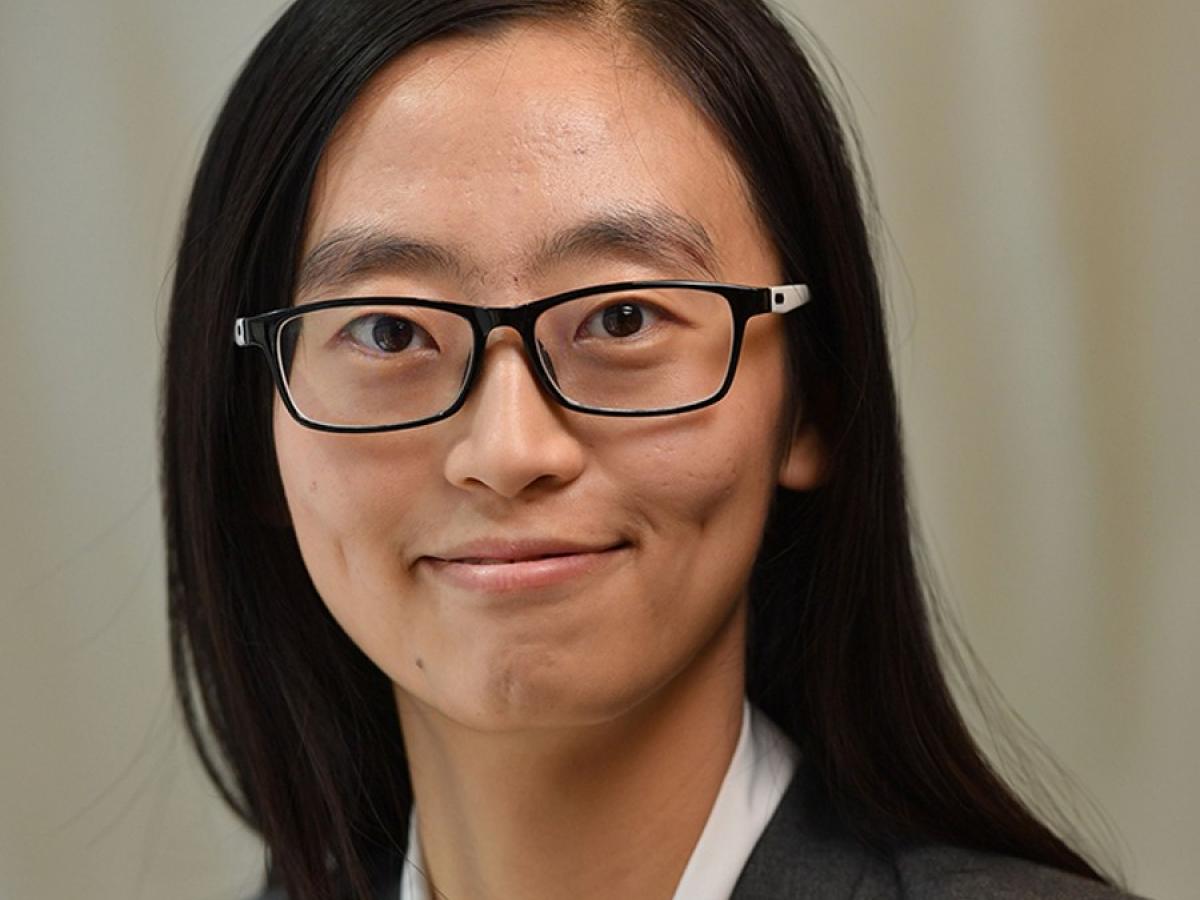Biomedical engineer awarded for revolutionary imaging technology

Dr Jiawen Li
Dr Jiawen Li has been awarded two prestigious fellowships in recognition of her world-class work in the field of biomedical engineering. Dr Li is a Lecturer in the School of Electrical and Electronic Engineering (EEE) at the University of Adelaide, leading the intravascular imaging research program within the Institute of Photonics and Advanced Sensing (IPAS).
In recognition of the significance of her scientific discoveries and her leadership qualities, Dr Li has received Fellowships from the National Medical and Health Research Council (NHMRC) and the National Heart Foundation to expand on her pioneering work developing fibre-optic imaging probes which have a range of applications including helping with accurate detection of heart problems.
“My team has developed a suite of novel fibre-optic probes that enable real-time high-quality measurements deep in the body,” said Dr Li.
“These include the world's smallest 3D printed endoscope and world-first single-fibre-based probe that can simultaneously measure temperature/pH-value and see deep inside the body.
“We have combined optical imaging and biochemical/physical sensing technologies into a single fibre that is the size of human hair.
“This will enable researchers to unravel fundamental biological processes inside the human body in a minimally invasive way, which up until now has not been possible using existing approaches.”
These cutting-edge tools will underpin biological studies to help answer fundamental questions at cellular level of how plaques, such as those that cause arteries to block, evolve, how they cause heart attacks, and how they respond to different treatment.
“My team has developed a suite of novel fibre-optic probes that enable real-time high-quality measurements deep in the body.”Dr Jiawen Li
Cardiovascular diseases (CVDs) are the leading cause of death globally, taking an estimated 17.9 million lives each year according to the World Health Organisation.
Funded mainly by the National Heart Foundation and NHMRC, Jiawen established her independent research program in 2018. The newly-awarded NHMRC Investigator grant includes Fellowship and research support of $588,308 to help continue her research. In addition to her Fellowship, the Heart Foundation has also selected Dr Li for the 2021 Paul Korner Innovation Award which includes $20,000 to support her work.
“I congratulate Dr Li on her Fellowships of the NHMRC and the Heart Foundation,” said Professor Nelson Tansu, Head of the University of Adelaide’s School of Electrical and Electronic Engineering.
“Our University seeks to undertake world-class research which contributes to solving society’s challenges. The School of Electrical and Electronic Engineering is at the frontier of many EEE innovations, and one of the growing theme areas within the School is biomedical engineering.
“Ensuring a healthy future for society is one of these challenges and these Fellowships with enable Dr Li to continue her cutting-edge research.”
Dr Li received her BS degree in Optical Engineering from Zhejiang University in 2010, and her PhD degree in Biomedical Engineering from University of California Irvine in 2015. The University of Adelaide is ranked 66th in the world in the 2022 US News rankings of the Best Global Universities, with the School of Electrical and Electronic Engineering ranked 16th in the world.
Media Contacts:
Crispin Savage, Senior Media and Communications Officer, University of Adelaide. Mobile: +61(0)481 912 465, Email: crispin.savage@adelaide.edu.au
